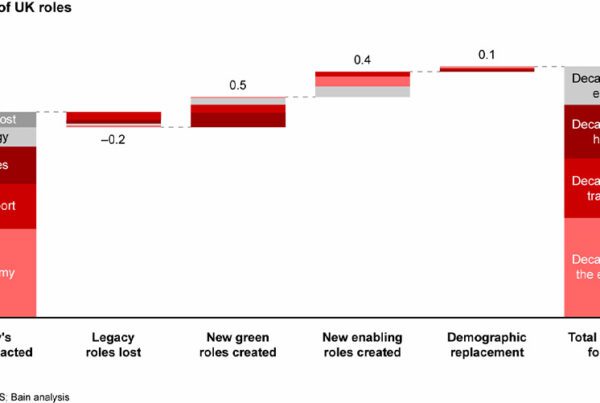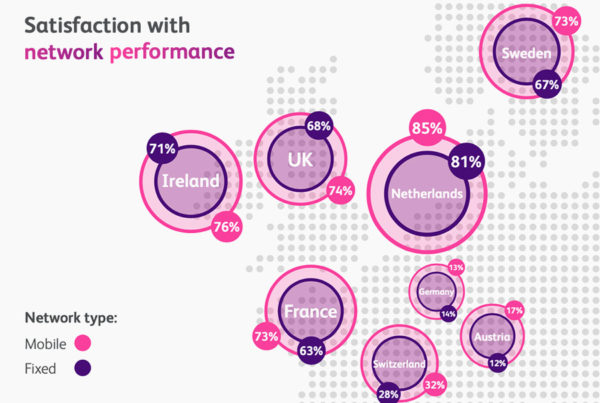UK employers remain gripped in a scramble for digital talent, with many key roles still left unfilled amid continued skills shortages. However, a new study suggests that employers are also setting themselves up for failure with the hires they do make – with just 26% of businesses bothering to conduct digital competency tests for technical appointments.
The world is experiencing an unprecedented talent shortage, and businesses are struggling to attract top talent. In the UK, previous research has found that 46% of employers are facing a shortage of workers to get the necessary work completed, while the situation is even more intense in countries like France and Italy, where 61% and 49% respectively report the same.
Amid this, and many worrying headlines that the workers firms do have are increasingly likely to move on, firms are reportedly rushing their recruitment efforts for the sake of putting bodies in roles. According to research by development team provider Mobilunity, however, this is hurting their efforts when it comes to actually addressing skills gaps in their organisation.

Polling 539 people responsible for making technical hires in UK companies with 10 employees, the researchers found that 74% were not completing any relevant testing of candidates’ digital skills. Further, 32% of respondents were relying on non-technical specialists to hire tech talent, leading to 24% of candidates being hired without the right tech skills.
Clearly, firms are prioritising saving time in their recruitment process – with 59% of technical hires taking over a month to complete according to Mobilunity. Further, one-fifth of technical hires can take up to 6 months, which is too lengthy for firms that need to deliver at pace. But rushing unsuitable talent through the process is not helping either. Around 50% of businesses said they put up to 60% of technical candidates through to the next stage of interviewing; a process that’s wasting time and money.
This is resulting in a process where just 7% of firms agreed that new technical hires could ‘hit the ground running’ and deliver value immediately. Meanwhile, 45% of new hires need further investment in their skills once hired.
Cyril Samovskiy, Founder of Mobilunity, commented, “The fact that nearly half of candidates impress at interview stage, but underperform once in the role, is no surprise given the apparent absence of testing and skill-validation. There’s clearly an urgent and growing need among businesses for tech expertise, and our survey findings suggest that the reasons behind the much-documented shortfall may not be as simple as saying ‘talent is lacking’… To avoid the pitfalls, those in charge of technical hires must have a dedicated approach to recruitment. This means a combination of technical platforms that assess and matchmake skills relevant to needs, and interviewers who know the right questions to ask.”




